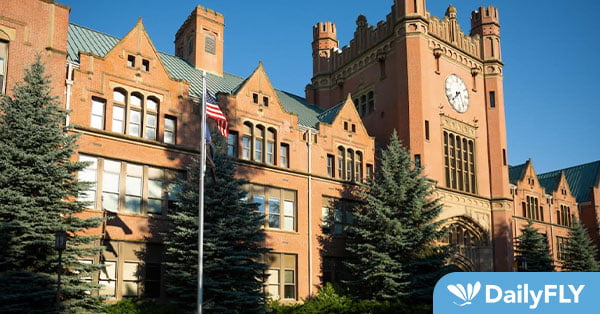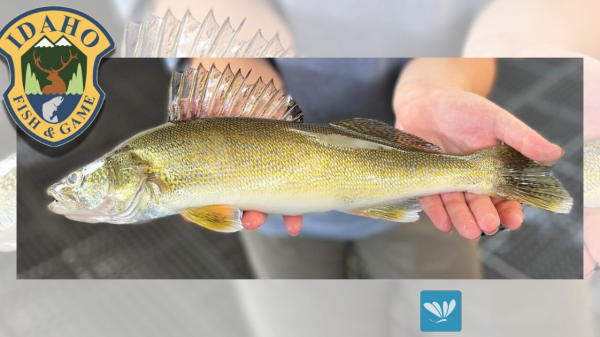MOSCOW — Addressing the underrepresentation of American Indian and Alaska Native (AI/AN) students in STEM disciplines and the workforce is the focus of a recently launched University of Idaho research project through a six-state collaborative alliance.
U of I will help develop AI/AN-based STEM education activities for all public school levels through undergraduate studies, expand the network to tribes and communities serving AI/AN students and design faculty development models to encourage more AI/AN participation in teaching.
Cultivating Indigenous Research Communities for Leadership in Education, or the CIRCLES Alliance, seeks to advance educational opportunities for Indigenous students in partnership with universities and research institutions in Idaho, Montana, New Mexico, North Dakota, South Dakota and Wyoming. U of I received $2 million of the $10 million National Science Foundation grant, which will be used to fund the alliance’s project.
“Indigenous people do not come to STEM as empty vessels. Indigenous worldviews and ways of being in relationship with world have helped Indigenous people to live in this place we call the Americas for millennia,” said Philip Stevens, director of American Indian Studies and associate professor in anthropology, who is helping lead U of I’s efforts on the project. “To understand the complexities of our planet and universe, we need complex, sophisticated, and diverse thinkers and communities.”
The U of I project will fund graduate education for 12 students seeking STEM education degrees and help prepare future Indigenous teachers who hope to work in K-12 schools and in community learning sessions. Researchers hope that increasing Native representations in STEM practice and education will result in more Native youth entering the fields.
Formed in 2020 with support from NSF’s Established Program to Stimulate Competitive Research (EPSCoR) and INCLUDES programs, the CIRCLES Alliance, through research and collaboration with tribal communities, aims to inform educational institutions and the NSF in AI/AN cultural understanding and humility and to shift approaches towards AI/AN education.
“STEM has been a historically exclusive field,” said Philip Stevens. “With increased Indigenous leaders in STEM, which will increase AI/AN student participation in STEM, better, more inclusive solutions will be reached because different thought processes and theories will be exchanged.”
The Idaho delegation is led by Stevens; Vanessa Anthony-Stevens, associate professor in curriculum and instruction and principal investigator of the Indigenous Knowledge for Effective Education Program (IKEEP); and Karla Eitel, research professor in natural resources and education director of the McCall Outdoor Science School (MOSS).
CIRCLES Alliance will partner with the Idaho Tribal Department of Education, Tribal colleges and universities, and the Idaho Indian Education Committee to share outreach and student recruitment material.
This project was funded by National Science Foundation under award 2217344. The total project funding is $9,995,872, of which 100% is the federal share, and an intended total funding of $9,995,872, over a 5-year period.

















